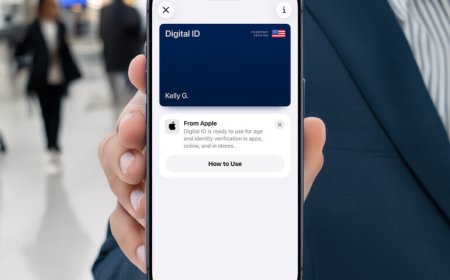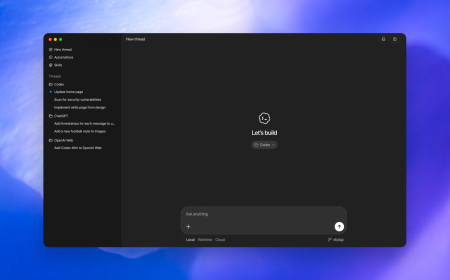Bluesky rolls out age verification for users in Ohio
Bluesky will implement age verification in Ohio starting September 29 to comply with new state laws. The decentralised network uses Kids Web Services to verify user ages.

Bluesky, the decentralised social network positioned as an alternative to X (formerly Twitter) and Threads, will begin verifying users’ ages in Ohio starting Monday, September 29, to comply with the state’s new online age verification law.
The company announced the update on Sunday through its Bluesky Safety account, adding details to a blog post that had been initially published last month. Bluesky will use the Kids Web Services (KWS) platform for this process — the same solution it already deploys in South Dakota and Wyoming under similar regulations.
How Bluesky’s Age Verification Works
Ohio’s new law, intended to protect minors from exposure to adult content, requires users to upload proof of age, such as a government-issued photo ID, before accessing material classified as adult. This includes any potentially explicit or mature content hosted on social platforms.
To meet the requirement, KWS will handle the technical infrastructure of age verification. Users in Ohio will be able to verify their age through multiple methods, including ID uploads.
According to the company’s website, KWS supports verification through ID scans, credit card checks, and Social Security number checks. (It also supports facial scan verification in some regions, though that method is not available in the U.S.)
Patchwork Laws, Different Requirements
Bluesky’s move in Ohio follows a growing patchwork of state-level online safety laws in the U.S., as federal legislators have yet to pass comprehensive child safety standards.
However, not all of these state laws are well-written. A recent example in Mississippi, which used overly broad and vague language, prompted Bluesky to suspend operations in the state entirely. The company explained at the time that, as a small team, it couldn’t afford the technical and compliance costs needed to meet the state’s demands.
By contrast, larger tech companies like Meta continue to operate across all states, leaving smaller competitors, such as Bluesky, at a competitive disadvantage.
The Challenge for Smaller Platforms
While these laws are designed to protect minors online, they also risk burdening emerging social platforms. Mandatory age checks can discourage new users from signing up and divert limited engineering resources away from core innovation, such as protocol development and moderation tools.
The timing also coincides with user backlash over recent moderation updates. Bluesky has pledged to enforce its community guidelines more strictly, introducing stricter penalties for harassment and toxic behaviour — a move that has sparked mixed reactions among its user base.
What's Your Reaction?
 Like
0
Like
0
 Dislike
0
Dislike
0
 Love
0
Love
0
 Funny
0
Funny
0
 Angry
0
Angry
0
 Sad
0
Sad
0
 Wow
0
Wow
0



















































